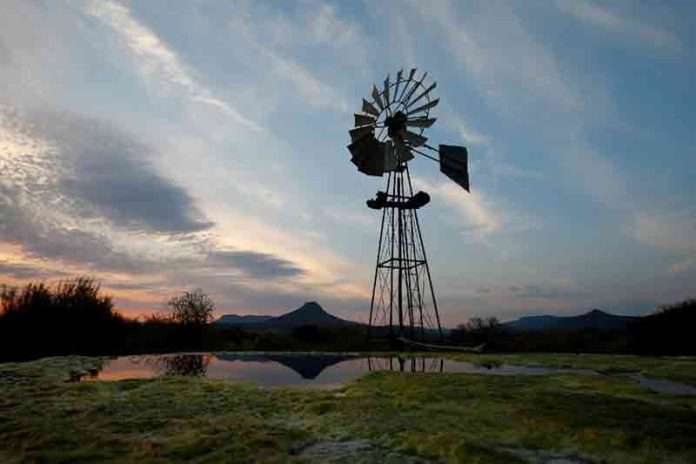Africa has the potential to become a major player in the international energy market, according to a report by Al-Jarida. This is because the continent has significant reserves of both conventional and renewable energy sources, having 13% of the world’s gas reserves and 7% of its oil reserves, showing a vast potential for investment in green energy. This makes the continent an attractive option for European countries that are looking to reduce their dependence on Russian energy.
According to the CEO of Italian oil company Eni, Claudio Descalzi, the continent has the potential to become a major source of energy for the world, while citing the continent’s large reserves of gas, sun, and wind as ideal for the energy transition. International energy companies, including Eni, have increased their investments in Africa in recent years, a shift from their previous approach of diminishing the continent’s importance in energy markets. However, Africa’s share of the world’s liquefied natural gas (LNG) exports has declined from one-fifth to half, and its shares of oil and coal production have also decreased. This is due to a number of factors, including the decline in investments in the sector, the deterioration of security in Nigeria, and the need to transition to cleaner energy sources.
Foreign companies are repositioning in Africa to take advantage of the continent’s abundant energy resources. Two major LNG projects have been launched in Tanzania and Mozambique, with a combined value of up to $60 billion. Mozambique exported its first shipment of LNG in November 2022, and is expected to increase production in the coming years. TotalEnergies, the French oil company, is expected to resume construction of a giant LNG project in Mozambique, which was halted in 2021 due to a jihadist rebellion. The company’s CEO, Patrick Pouyanne, said that the project “has almost returned to the right track” and is expected to start producing gas by 2028.
International energy companies are investing heavily in new gas projects in sub-Saharan Africa. In fact, in Tanzania, Shell and Equinor are reviving their proposed $30-40 billion LNG project. An LNG project in Senegal and Mauritania is also expected to start production this year, with prospects for the second phase looking promising. In Nigeria, the largest exporter of LNG in Africa, the country’s production capacity is expected to increase by about 35 percent by 2026. In total, new gas projects in sub-Saharan Africa could add about 90 billion cubic meters in production capacity by 2030, estimates a researcher at Columbia University’s Center on Global Energy Policy.
Moreover, new energy projects in North Africa could produce an additional 30 billion cubic meters of gas by 2030, according to the report. The continuation of current projects will lead to the addition of 120 billion cubic meters to Africa’s total gas production, increasing its share in global gas production from 6% to 8.5%. This would compensate for the shortfall in Russian gas exports to the EU. Africa is expected to produce 600 billion cubic meters of gas annually by 2050, three times its current production. Total Energies is expected to spend half of its global budget on oil exploration in Namibia, where it hopes to find 11 billion barrels of oil and gas.
Furthermore, as the continent has abundant solar and wind resources which could be used to produce green hydrogen and other renewable energy products, huge hydrogen projects are already underway. In Mauritania, CWP Global is planning to produce 1.7 million tons of green hydrogen annually. Chariot, a British company, is also planning to produce 1.2 million tons of green hydrogen in Mauritania. In Namibia, Hyphen Hydrogen Energy is planning to produce two million tons of green ammonia per year. Other African countries are also investing in green energy. Morocco, on the other hand, is planning to build a solar and wind power plant that would send electricity directly to Britain. This $18 billion project has attracted seed funding from the National Energy Company in Abu Dhabi.
Overall, Africa needs to overcome challenges to invest its full potential in the field of energy, according to the report, and that its first challenge is “laziness”, as the continent is facing competition from other gas producers such as Qatar and America. The report added that if it does not act quickly, it may lose its opportunity to supply Europe with gas. Meanwhile, the second challenge is “internal security”. This is because armed conflicts in a number of African countries have led to the postponement of energy projects and the decline in annual energy production.

















